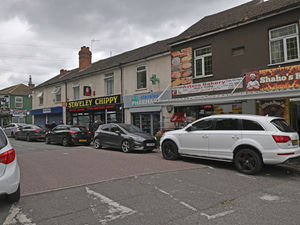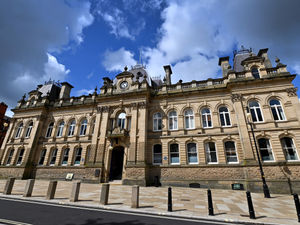38-bed hotel set to get go-ahead for green belt land next to A449
A 38-bedroom hotel next to a busy pub and restaurant is due to be approved, despite its location on green belt land.
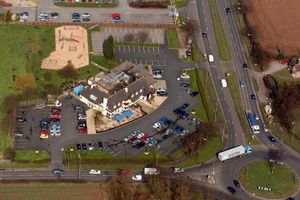
Pub company Marston's bid to see part of the Spread Eagle site on the Gailey roundabout become 'lodge-style' accommodation has been recommended for approval by officers at South Staffordshire Council because of the need for hotel beds in the area.
A recent study showed that although the local economy is forecast to grow, the number of visitor beds is below the national average and well below that of neighbouring counties.
The area has many important Roman remains and an archaeological investigation of the spot will have to be undertaken as a condition of permission being granted before work can begin
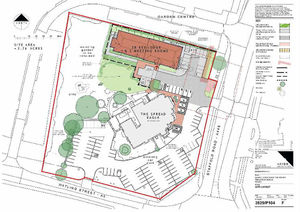
The pub, next to Dobbies garden centre on the junction of the A5 Watling Street and the A449 Wolverhampton Road, will remain open but parking spaces are to be cut from 135 to 108 as part of the plan.
The site would create the equivalent of 10 full-time jobs, in addition to the 62 already provided by the pub.
The move, welcomed by South Staffordshire MP Gavin Williamson, will be discussed at next week's planning meeting.
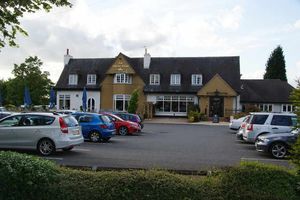
The developer has argued that visitors to nearby tourist attractions such as Rodbaston Animal Centre, Moseley Old Hall, Chillington Hall and Weston Hall might choose to stay overnight, instead of a day trip, if accommodation was available nearby.
Staffordshire has just 16,500 bed spaces compared with 39,000 in Derbyshire and 23,000 in Shropshire.
Gavin Williamson said a hotel would be a huge boost for the area, providing it was 'of the highest quality'.
"As long as any development is done in keeping with the character of the area it should be welcomed," he added.
South Staffordshire planning officer Lucy Duffy said the argument between inappropriate green belt development and boosting the economy was 'finely balanced'.
The economic benefit alone was not enough to give the hotel the go-ahead, she said, but the fact it would be built on a car park – previously developed land – with good road links, tipped the scales in its favour. If a hotel is needed, it seems a logical place to put it," she said.
The county archaeologist has advised that an evaluation is undertaken to investigate the nature, character, date and significance of any archaeological remains.
Watling Street formed one of the most important Roman roads linking London and Wroxeter in Shropshire, which was the fourth largest city in Roman Britain.
Forts were built at intervals along the length of Watling Street during the first century of Roman occupation.
The site of two forts and three marching camps has been identified on either side of the road within half a mile of The Spread Eagle.


